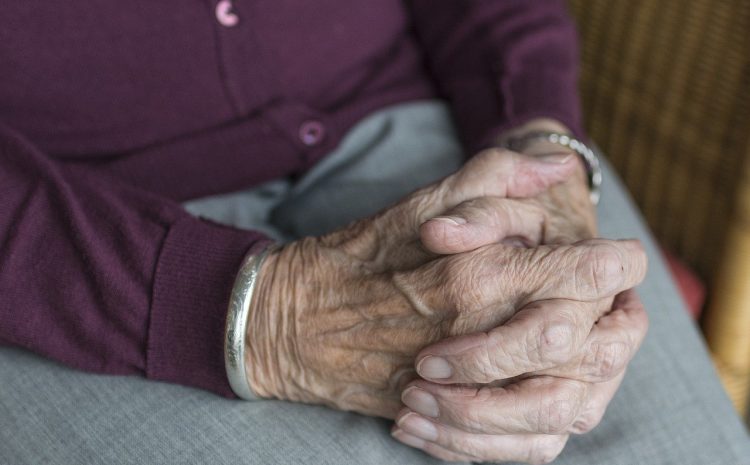
Caring for the elderly can make for a very rewarding job, whether it is paid employment in a nursing or retirement home or for an elderly relative who can no longer look after his or herself. However, it can also be a mentally challenging role that you find exhausting to the point of despair. It takes someone special with infinite patience and caring. This is negotiable if it is a family member. If it is someone else’s relative then it is harder to develop those qualities than if it is your own flesh and blood. Regardless of who you are caring for though, it is absolutely necessary to do all you can to preserve your own mental health and that of your patient. There are ways and means of achieving this, and below are listed just five of the most popular ones for you to try:
1. Take regular breaks – Taking a break from the elderly person or people that you are caring for can give you chance to relax away from the stress that the job inevitably puts on you. This could be a five-minute break whilst you are working or a day off doing something that you love. Taking a breather will not only benefit you but also the person that you are caring for. It will allow you both to gather your thoughts without causing resentment on either side. It may just be the time away you need to readjust your focus and gather your thoughts, as well as reminding yourself why you are doing that particular job! As long as you gain that perspective, you will be able to go back to caring as good as new within a short period of time.
2. Take part in activities that you both enjoy – These are commonly referred to as bonding activities because they capitalize on the common interests you share and build a strong foundation for you to coexist on. If you are looking after a stranger then this is essential in getting to know them properly. If you are looking after a family member then you are likely to give him or her joy just by spending that relaxing time there.
3. Come to an arrangement that suits you both – It is unlikely that the elderly person you are caring for wants you in their home every hours of every day. Some will want you at their beck and call, but the majority like their own space and will only enjoy spending time with you up to a point. Independence is very important to the majority of elderly people, especially when they may feel that it is being taken away from them. Always respect their wishes by coming to some arrangement as to when you will drop by and what you will be doing together on a particular day. Of course, this doesn’t apply to those caring for he elderly in retirement homes.
4. Establish a routine – Establishing a routine will help you both to understand exactly where you are with each other. Some elderly people like a routine because it helps them to anticipate your activities. Breaking from that routine may unsettle them and provoke negative feelings towards you and your role. Seniors also have a habit of loathing anything new and a routine is reassuring to them because it ensures that nothing new will be introduced without their consent. A routine will help you to move through the motions when necessary but will also establish a role that you are both happy with, thus heading off any difficulties before they begin.
5. Seek professional help – If you find that caring for the elderly is getting too much for you and you are becoming depressed as a result then speak to a professional counsellor who can help you to talk through your feelings. Unloading them will lift the weight off your shoulders once in a while and help to enable you to continue your role as a caregiver.
None of these tips are guaranteed to work for you because they all depend on individual circumstances. You have to find out what works for you.




